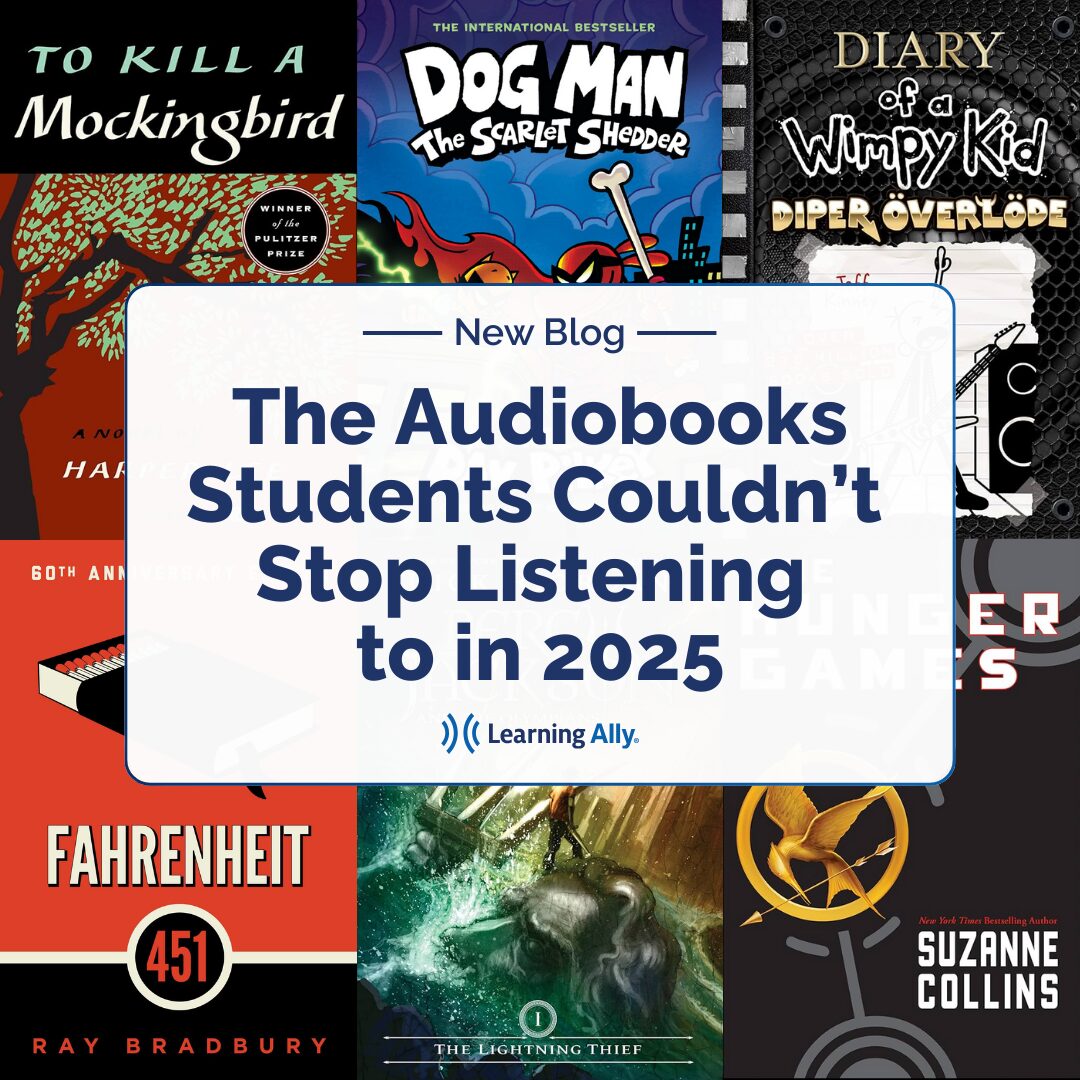For many parents, the journey of supporting a child with reading differences like dyslexia is an emotional rollercoaster. You might see your child’s frustration boil over during homework or notice… Read more
Categories: In the NewsLearning Ally Blog: Access and Achievement
Now more than ever, people with learning and visual disabilities are flourishing in the classroom, launching productive careers and becoming assets in their communities. This blog spotlights remarkable individuals who demonstrate that having a visual or print disability is no barrier to educational success.
At the heart of bilingual education and dyslexia advocacy lies a shared aspiration: ensuring every student has access to the right resources for literacy success. This was the foundational theme… Read more
Categories: Dyslexia, UncategorizedWhat K–12 Teachers Need to Know and How to Use These Titles in the Classroom If you want insight into what truly engages student readers, look beyond “recommended” lists and… Read more
Categories: Audiobook LibraryFOR IMMEDIATE RELEASE PRINCETON, NJ – February 9, 2026 – Learning Ally, a leading nonprofit education technology organization, is proud to announce that the Learning Ally Audiobook Solution® has received… Read more
Categories: In the NewsBianca Dino, Manager of Professional Learning, Learning Ally There’s something powerful that can happen when educators gather in the same room with a shared purpose. I was reminded of this… Read more
Categories: Uncategorized

